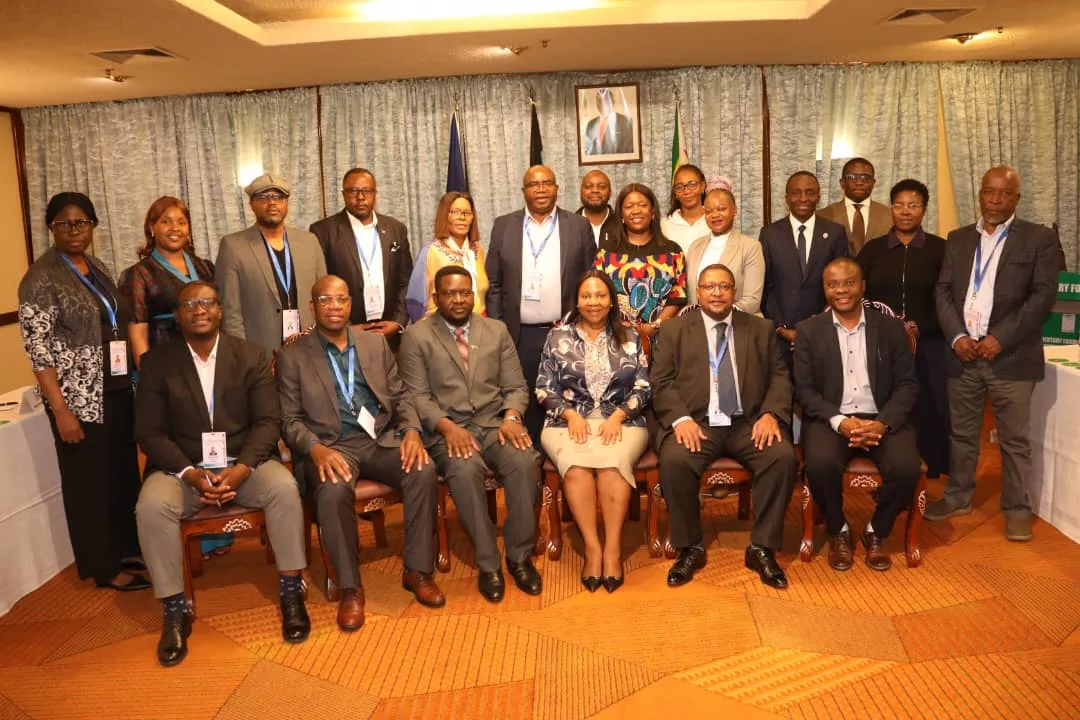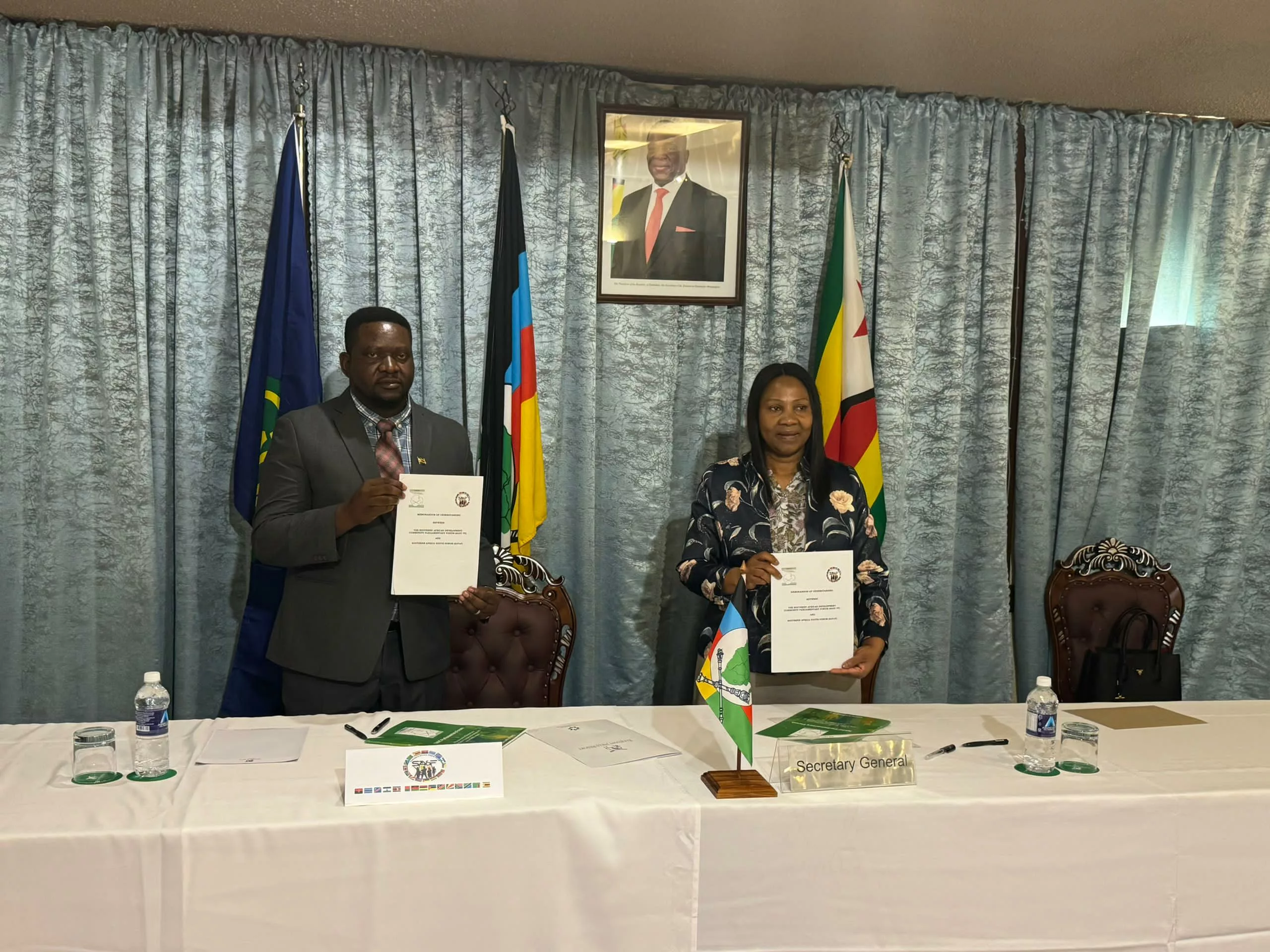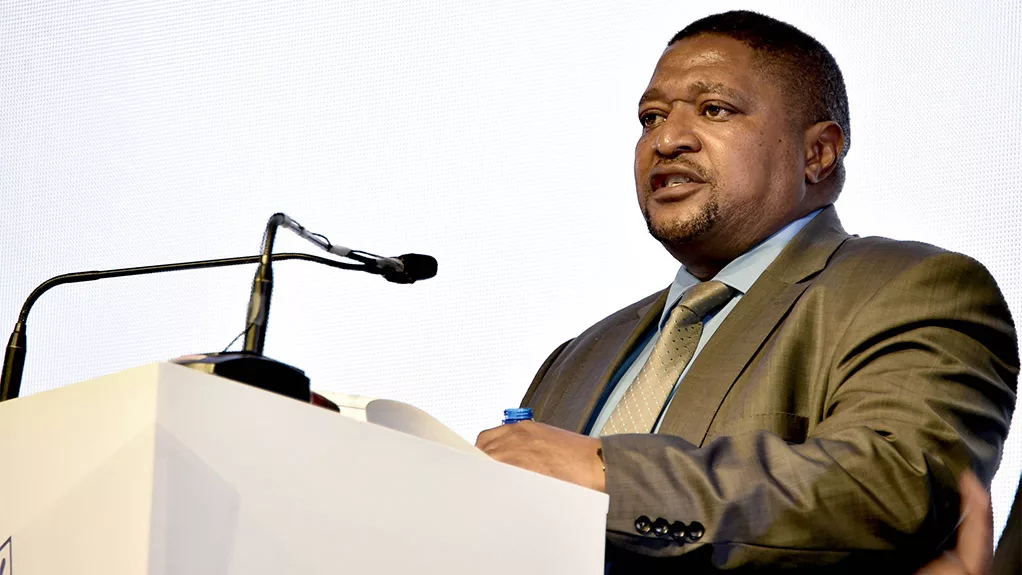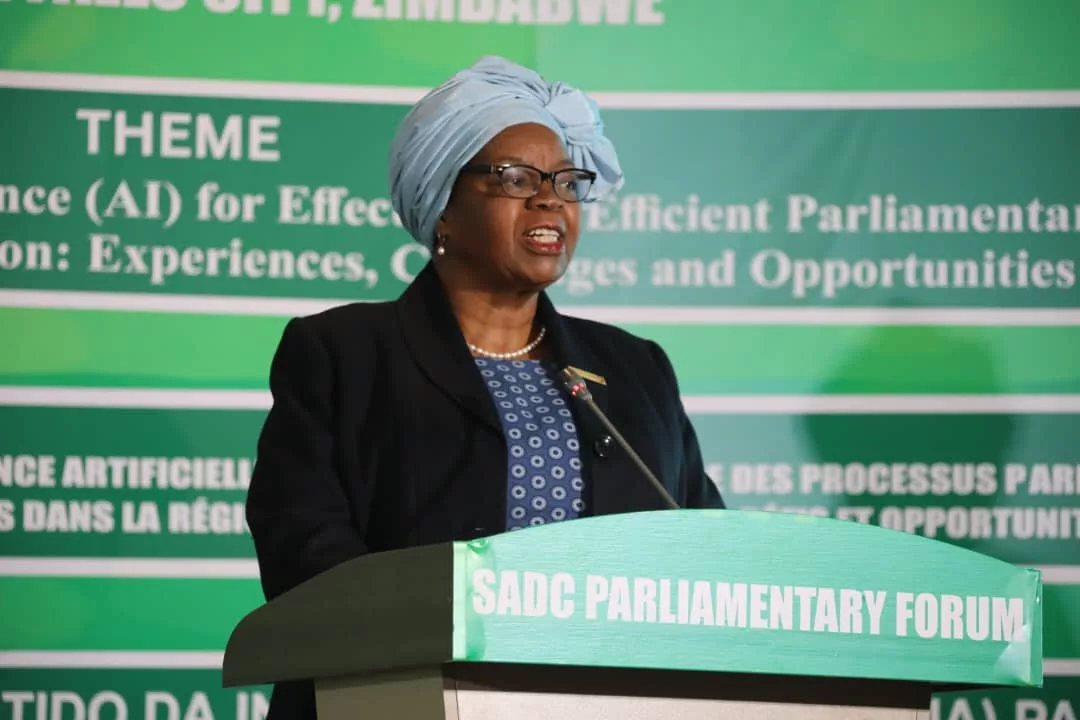|
Getting your Trinity Audio player ready...
|
The Zimbabwe Election Support Network (ZESN) hosted a virtual public meeting via the ZOOM platform on Wednesday, 7th of April 2021 on the topic “Recalls and Defections: An Anathema to Representative Democracy.” The objective of the meeting was to discuss the nature of recalls and defections in Zimbabwe as well as their implications on civic participation and electoral democracy. A pool of legal, constitutional, political and civil society experts made up the panel and these were Professor Lovemore Madhuku, Dr. Gorden Moyo, Mr. Jacob Mafume, Ms. Pearl Matibe, Ms. Namatai Kwekweza, Mr. Obert Gutu as well as Mr. Precious Shumba.
In his opening remarks, the Moderator Dr. Justice Mavedzenge noted that the recall provision in Section 129 (1) (k) of the Zimbabwean Constitution appears to be clear and straightforward, but its application has been controversial, problematic, and complicated.
The first panelist to speak, Dr. Gorden Moyo stated that he had reservations on the recall provision because it does not give citizens any role in the expulsion of representatives that they elected. He noted that the provision allows the expulsion of representatives because they no longer serve the interests of the party, not because they no longer represent the interests of the electorate or the nation. Dr. Moyo bemoaned the fact that the law has created people who cannot speak their thoughts, fearing recalls. He recommended that parties should consult citizens through surveys or signatures because the recall provision in its current state disenfranchises the electorate.
Another panelist, Professor Lovemore Madhuku was of the opinion that the recall provision comes from a bad Constitution which was drafted without adequate consultation of the citizens. He highlighted that if Zimbabweans had been afforded the opportunity of contributing to the drafting of the Constitution in 2013, this Clause would have been different from what it is now. Professor Madhuku noted that the Clause is also unclear in that it is subject to so many different interpretations by the Courts. He suggested that the Recalls Clause must be very clear and recalls must be at the instance of a body much broader than the political party.
One of the panelists, Ms. Namatai Kwekweza outlined challenges of the recalls provision from a civic point of view. She observed that the provision was influenced by political decisions and that its implementation has been very confusing to the people, particularly on the transfer of seats between political parties. She explained that this provision does not motivate citizens to take part in elections and that it has led to voter apathy especially among the youth. She observed that as long as officials are loyal to their parties and not the electorate, citizens will be disinclined to engage in electoral processes. She called for the provision to allow for a citizen-driven process where the voices of the electorate are taken into account.
Asked how the provision affects women’s participation in politics and elections, Ms. Pearl Matibe noted that women are marginalized in the design and implementation of the provision in the same way as they are marginalized in other facets of life. She observed that Zimbabwe does not have a healthy democracy because, in a healthy democracy, those affected by a decision ought to have a say in it. She recommended that Section 129 (1) (k) be amended to allow for the inclusion of women’s voices as well as other stakeholders in the recalling of political representatives. She also recommended the need to strengthen the Constitution and have structural reforms first before anything else.
Mr. Jacob Mafume stated that the recall provision is bad in its current form as it does not allow for administrative justice and the right to be heard. He asserted that; despite the fact that the provision made its way into the Constitution, it does not mean that it has to be implemented in an illogical manner.
Another panelist, Mr. Obert Gutu indicated that he does not find any problem with the provision as it is in the Constitution. He argued that it is absolutely misleading to claim that recalls and defections are anathema to democracy, but that recalls and defections are actually a catalyst to a vibrant and robust democracy. He noted that it was found necessary to include this recall provision in the Constitution in order to prevent the mischief of elected officials defecting from the political parties under which they were elected into office and choosing to join either another political party or to become independently elected officials. Mr. Gutu cited Section 58 of the Constitution which guarantees freedom of association and concluded that people are free to associate and/or disassociate with any political party. He was also of the opinion that members of political parties do not have the liberty to deviate from the rules and regulations of their political parties. He criticized the culture of blaming the ruling party for all political problems, noting that opposition parties often fail to manage themselves and then shift the blame to the ruling party when things go wrong.
Mr. Precious Shumba proclaimed that recalls have disrupted quality debates in council chambers. He gave an example of Harare where he said a total of 23 wards currently do not have representation. This means that the voices of the recalled councilors are not being heard in important processes like budget planning. This has crippled their oversight role in important council matters, and has perpetuated the inadequate representation of the electorate. He concluded by saying that political parties are not superior to the rights of citizens in council and parliament and his recommendations were that in order to minimize disruption to service delivery, the party that held a seat in Council or Parliament should be allowed to find the most suitable replacement without the holding of by-elections and that where a vacant arises due to the recalls, by-elections should be held when they are due in terms of the law.
Participants in the meeting were also given an opportunity to contribute to the debate through the chat platform, where they expressed their different views on the recall provision. Participants agreed that as presently couched, the provision has made Members of Parliament (MPs) and Councilors solely answerable and beholden to their political parties and not to the people they represent and who elected them. Some also described the recent situation of recalls as “electoral fraud” where seats were “stolen” from one party and given to another. Participants also called for the enactment of an Act of Parliament that provides a legislative interpretation of Section 129(1) (k) as well as participatory democracy in the recall process in order to improve the public’s faith in the political system and their view of Parliament.
In their final remarks, most panelists recommended the need for a genuinely people driven Constitution, with amendments instituted on the recall provision as well as other provisions which are an affront to democracy. Professor Madhuku propounded that this needs to be complimented with adequate civic education and the raising of consciousness on democratic tenets. Panelists also expressed concern over the gradual development of the one party state in Zimbabwe, noting that it is not built at once, but takes time and many building blocks towards its realization. The fact that recalls and feuding political parties has negatively affected service delivery was also emphasized.
The meeting attracted more than 100 participants on the ZOOM platform and was co-streamed on 9 Facebook pages including 263 Chat, CITES, thezimbabwenewslive, 912, NY Television, Sly Media TV, Bandit TV, ZESN, and Mpumalanga Broadcasting TV (South Africa). On the ZESN Facebook alone, the meeting reached 5000 people and attracted 647 views and on the Sly Media page, the debate garnered over 4 600 views. In conclusion, the meeting was a success as evidenced by the high numbers of people it attracted from different parts of the world and the robust debate it generated which led to recommendations on how best the recalls provision may be amended to guarantee electoral representative democracy.






